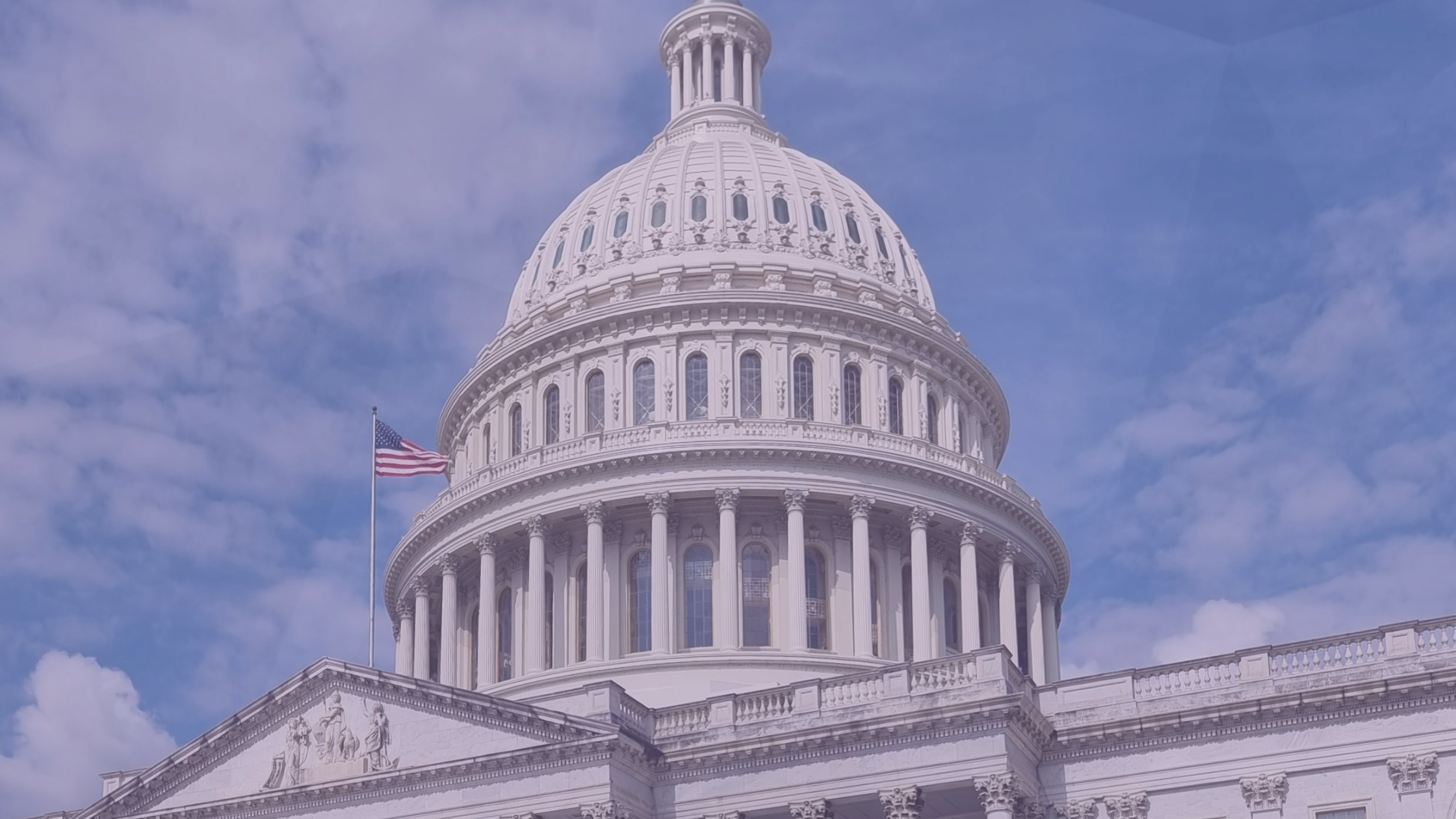Earlier this month, the U.S. House and Senate signed into law the “One Big Beautiful Bill,” which includes drastic cuts to Medicaid and many other critical health and human service programs. Like many of you, we are devastated by Congress’s decision to move this bill forward and are deeply concerned about its implications for the future of healthcare access in both Kansas and Missouri.
The federal cuts to Medicaid are a tough setback for all who have worked tirelessly to build a system where every individual has access to the care they need to live a full, healthy life. Over the years, REACH, along with our funding partners and advocates, has made steady progress toward closing the health equity gap, strengthening the safety net, and bridging the coverage divide, so that everyone, regardless of their income, immigration status, or health condition, can access the care they need.
The legislation moves us further from a future we’ve been fighting for—one where every person has a real chance to live with health, dignity, and opportunity. It also strains an already overburdened healthcare system and undercuts the hard-won improvements we have made to improve access, affordability, and outcomes for our communities.
Over the next decade, the resulting coverage losses will place significant financial pressure on families and hospitals and community health centers. The potential for more hospital and community health center closures is high and will be especially devastating in rural and urban communities. These facilities often serve as the only source of primary care, emergency services, and maternity care for residents within dozens and sometimes hundreds of miles.
- In Kansas, 13,000 residents are expected to lose Medicaid, with thousands more losing Affordable Care Act (ACA) Marketplace coverage. Kansas is projected to lose nearly $3.9 billion in federal Medicaid funding over the next decade. Without Medicaid expansion and amid reduced subsidies and additional red tape, the uninsured rate will likely rise, delaying care for many and increasing uncompensated hospital and community health center costs.
- In Missouri, with over 1.3 million Missourians enrolled in MO HealthNet (the state’s Medicaid program), Missouri is projected to lose more than $21 billion in federal funding over ten years, placing more than 130,000 residents at risk of losing coverage. These losses stem primarily from increased and burdensome documentation requirements for enrollees associated with work requirements.
It is hard not to be discouraged under the circumstances, but our collective attention must now pivot to state elected officials. Kansas and Missouri lawmakers will ultimately be responsible for implementing the sweeping provisions of the law and related cuts to state budgets, including state-administered health and other safety net programs like KanCare and MO Healthnet. These impacts will be far-reaching and have significant, long-term implications for the way health care is accessed and delivered.
REACH will continue to analyze the impacts to consumers in Kansas and Missouri and the foundation will monitor government officials in both states as they execute changes and cuts associated with implementing the new federal law. We will ensure that advocates and constituents have the information they need to inform and engage their elected officials about the impacts of this legislation. And we will encourage voters to keep these issues top of mind as we head into the 2026 mid-term elections.
Health policy has always been a highly dynamic area of engagement for the foundation and our community partners and takes a deeply personal toll on all of us. This moment is indeed a setback, and it is important for those working in this space to take the time needed to reflect, restore, refresh, and regroup. But we are up to the task that lies ahead, and one thing that will never change is our shared commitment to a future where healthcare is a right, not a privilege. We remain undeterred in our mission.



